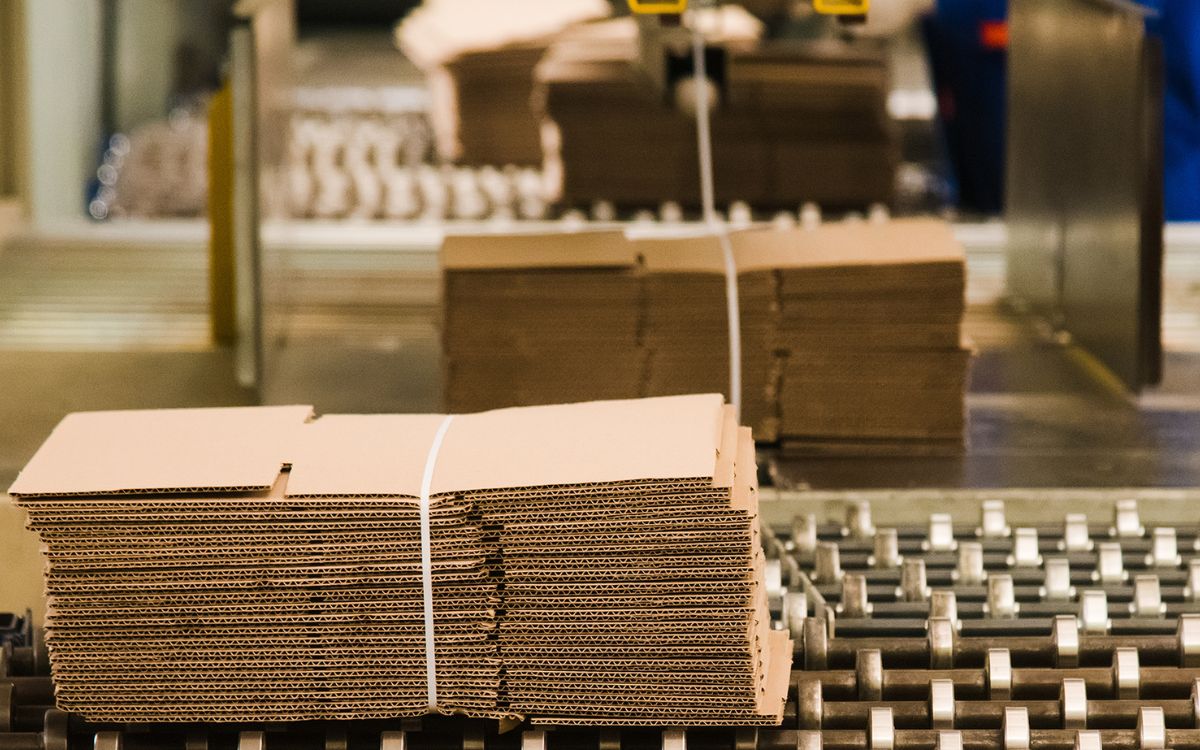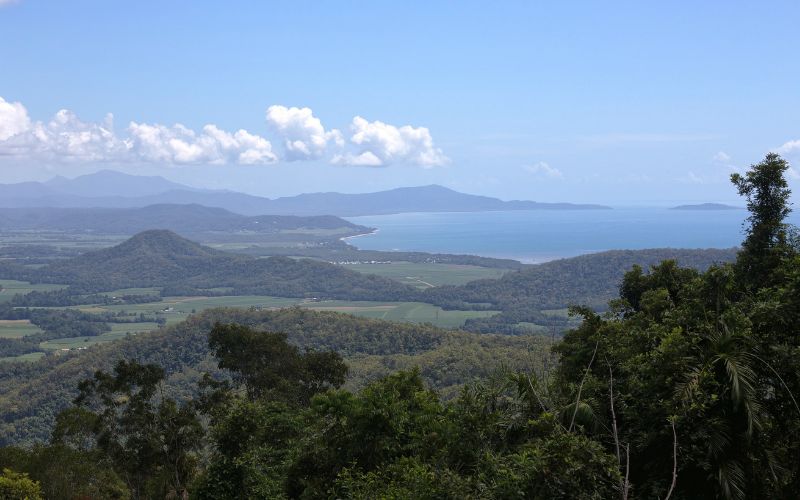
When I was 17 years old, I spent the summer before my final year of high school working in a cardboard box factory.
The work was physically strenuous, receiving flattened cartons strapped in bundles of 5 or 10, which flew off the rollers at approximately 2-second intervals.
In that time, I was to stack them on a pallet in various grid layouts according to supplier instructions (the waxed meat boxes caused much cussing and blinding due to their slipperiness) and release the full pallet down the line to be shrink-wrapped, put on a truck and sent to the client.
I worked from 5 am to 5 pm, Monday to Friday, with a half-day Saturday at double time if we were busy.
Sometimes I took a break from stacking to manually glue boxes together or clean the factory.
But mainly, my 17-year-old back was in much better nick than most of the old-timers, so stacking was assigned to me.
I didn’t mind the work. I was the slimmest I’d ever been, and I could eat cake from the factory canteen at every break and not gain a gram.
The money was good, and it put ideas in my head. I entertained the notion of not returning to high school for my final year.
With the coin I was pulling, I could buy myself a house within a year.
Set me up for life. All before I could legally drink alcohol.
None of that was to be, mind you. As I quite liked to party with my friends.
I spent everything I earned that summer, and I can’t tell you a single thing I bought.
There is, however, one shining diamond from my summer of cash and cardboard. That glimmer was Gus.
Gus (Augustus to his mother and her alone) was a 63-year-old bachelor.
He stood flush with me at 5’2, with a head full of tight grey curls.
He wore pharmacy-issue reading glasses and was rarely seen without a newspaper under his arm.
He owned several variations of red flannel shirts rotated through the week to wear under his blue overalls.
Gus was the first friendly face in a sea of glum.
Not many of the other employees seemed to be as chuffed as I about their prospects at the cardboard box factory.
They muddled through their days minding the gluers and walking the broom (factory-speak for appearing to be busy), which was something they were able to do, as I was doing the hard work of stacking.
I was intrigued by Gus from the moment I met him.
Little did I know how much of a bearing he was to have on my future.
After I casually commented on the discontent surrounding us one day, Gus let slip that he had an alternative life so he would never become like the other miseries we worked with.
Gus told me that for as long as he could recall, he had been working in the factory during the busy season and then spending the cold New Zealand winters in tropical North Queensland, Australia.
He’d work for between 7 and 9 months per year, depending on how much overtime he’d done the previous season, then book a one-way flight to the tropics just before winter set in.
He’d return in time for the busy season, and work his butt off, knowing that his next adventure was mere months away.

To say I was mind-blown was an understatement.
As the daughter of a nurse and a mechanic/truck driver/handyman, I’d never known anyone to take months off from work just for fun.
In my world, that only happened if you were injured and then you were on Struggle Street, and things were tough.
Not so for Gus.
Before the internet was prolific, before anyone had ever murmured the term ‘mini-retirement’, Gus was out there livin’ a kick-ass life.
Of course, I was full of questions:
How did he afford it?
By living way below his means and saving like a boss, of course. And taking all the overtime he could get.
Where did he live in the in-betweens?
He rented a room wherever he could.
He would often board with a family or rent a granny flat in someone’s backyard.
He was a quiet, respectful man who worked hard, so I guess he was the ideal tenant.
Did he work while he was away?
Nope, almost never.
He spent his time exploring and reading.
Plus, he needed the time to recoup from a physically challenging job.
How did he always get his job back again?
Although the factory was operational year-round, they always hired extra temporary staff in peak export season.
Gus figured out that he could be employed by the factory directly, giving him a slightly higher pay rate than the temps and saving the company money as they didn’t need to pay a labour-hire firm.
He figured out the win-win and played it to his advantage.
In fact, Gus never actually quit when he travelled; he just took long periods of unpaid leave and gave the company lots of notice.
Because of that conversation with Gus and the many that came afterwards, I began to question whether ‘normal life’ was indeed optimal or if perhaps we could do it a little differently to make it a bit more fun.
What a gift to be given at the age of 17.
Factory jobs at that time paid around $10 per hour, so Gus was never a rich man when it came to money.
Through frugality and ruthless prioritisation, he created an enviable life that most could only dream of.
Gus showed me that life doesn’t have to follow a linear path, and good money management can lead almost anyone to a version of financial freedom.
I finished work at the cardboard box factory at the end of summer.
My usually liberal parents were unimpressed with my recently acquired sailor-like vocabulary and insisted I complete my final year of high school.
I agreed and saw out that year with zero intention of going to university.
I then returned to the factory to work for a while before departing on a one-way flight to Australia a week after my 21st birthday.
Just like Gus.
Gus didn’t have any kids, so he may have wondered if he’d leave a legacy when he passed.
I would like to think my life is a small part of his legacy.
Since my time in the factory, I have travelled extensively and have no plans to stop.
My husband and I have built a life that works around us, with money flowing in regardless of where we are and an (almost) seasonal job that allows for long breaks over the winter.
Our life is everything we want it to be, and it all stemmed from a conversation with an old man in a cardboard box factory.
Ain’t life something?
Have you met someone in an unlikely place who completely changed your worldview and, maybe even, the course of your life?
